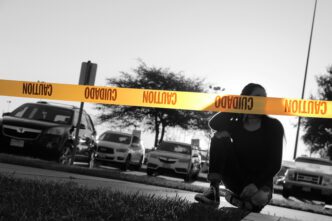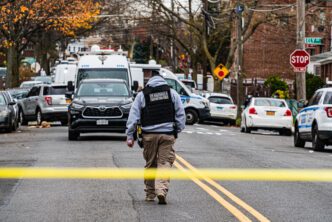Hundreds of individuals have come forward seeking restitution for the alleged abuse they endured at two Florida reform schools, as the state takes steps to address past injustices.
The Florida state government is preparing to compensate hundreds of people who claim to have suffered severe abuse at reform schools, including the infamous Dozier School for Boys, during their childhoods. This initiative follows a formal apology by Florida lawmakers and emerges amid growing awareness of the atrocities committed at these institutions over five decades ago.
At its height, the Dozier School, located in Marianna during the segregated era of the 1960s, housed up to 500 young boys. Many of these children were committed for minor infractions such as petty theft and truancy, with some being orphans or abandoned. Accounts from survivors describe a grim existence marked by brutal beatings, sexual assaults, and mysterious disappearances. The stories include allegations of deaths caused by gunshot wounds and blunt force trauma, with some victims buried in unmarked graves that have only recently been discovered.
Prior to the December 31 deadline, over 800 claims for restitution were submitted by former students of the Marianna and Okeechobee schools, attesting to the extensive physical and psychological abuse endured at these institutions. In response, state legislators had previously allocated $20 million to be distributed among survivors, signaling a recognition of the trauma experienced by those once held there.
Among those who have testified to the conditions at these schools is Bryant Middleton, who publicly recounted his experiences in 2017. Middleton, who was placed at Dozier from 1959 to 1961, described being subject to multiple beatings for trivial missteps, such as picking berries from a fence or mispronouncing a teacher’s name. He remarked that his experiences at the school were more harrowing than his time as a combat soldier in Vietnam, underscoring the severity of the conditions endured.
Reports of misconduct at Dozier date back to its inception in 1900, with allegations that young inmates were shackled and subjected to inhumane conditions. A visit by then-Governor Claude Kirk in 1968 revealed deplorable living conditions, including leaky buildings, unheated rooms during winter, and unsanitary facilities.
The closure of Dozier in 2011 followed substantial investigation into these alleged abuses by state and federal authorities, alongside media coverage portraying the institution’s harsh realities. As these men await compensation, their suffering is also acknowledged through creative works, such as the film ‘Nickel Boys,’ inspired by Colson Whitehead’s novel, which aims to ensure these stories are remembered.
As Florida moves forward with restitution for those affected by its reform schools, the recognition of past wrongs marks a crucial step in addressing historical injustices and honoring the resilience of those who suffered.
Source: News4jax








